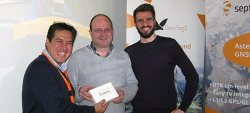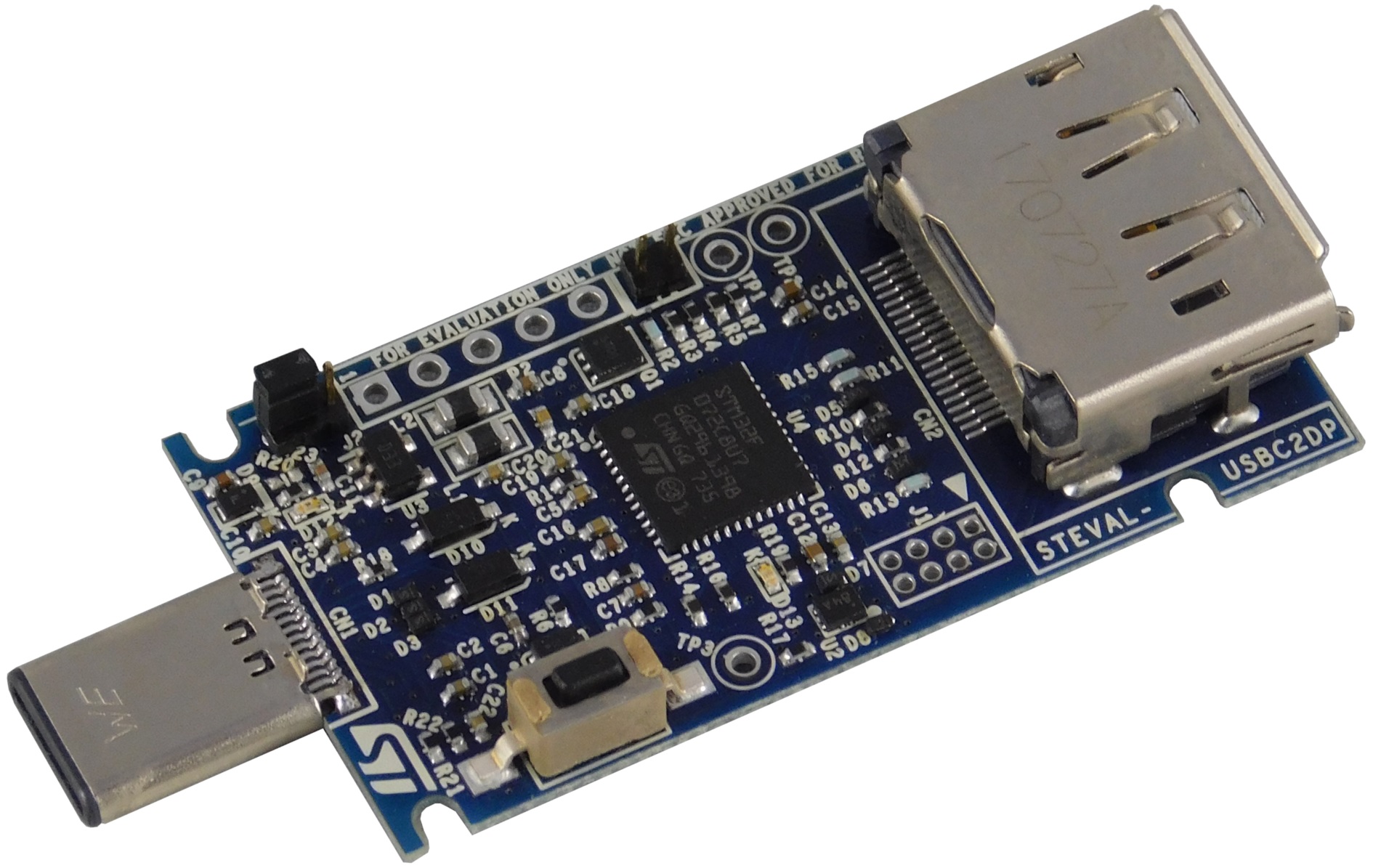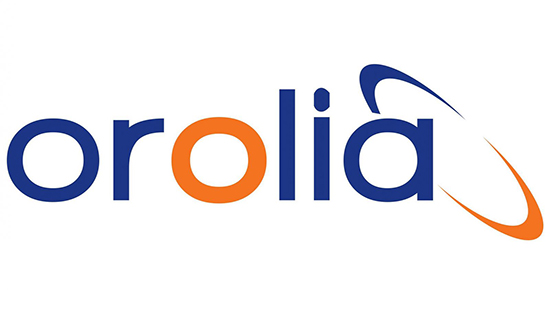After a successful first GSA Galileo Hackathon, the European GNSS Agency (GSA) is busy making plans for its next adventure in app building, scheduled to coincide with infoShare 2017, May 17-19 in Gdańsk, Poland.
Last year teams of passionate coders and geo-enthusiasts from around the world gathered to compete during the first event, which served as an opportunity to showcase coding skills, connect with the Geo-IoT (Internet of Things) app development community, and gain a competitive insight on what Galileo location-based services (LBS) can bring to your mobile device.
After a successful first GSA Galileo Hackathon, the European GNSS Agency (GSA) is busy making plans for its next adventure in app building, scheduled to coincide with infoShare 2017, May 17-19 in Gdańsk, Poland.
Last year teams of passionate coders and geo-enthusiasts from around the world gathered to compete during the first event, which served as an opportunity to showcase coding skills, connect with the Geo-IoT (Internet of Things) app development community, and gain a competitive insight on what Galileo location-based services (LBS) can bring to your mobile device.
The idea and the challenge behind the first GSA Galileo Hackathon was to come up with an innovative application that makes full use of Galileo’s unique capabilities in 24 hours or less. Following an energetic, busy day, the judges announced the winners. Taking home the prize for the most innovative app was the Didactic Disco multi-player map game, described as “a fun map drawing game, but one that has potential for serious use too.” Meanwhile, the Rovers_Movers neighborhood watch app won the prize for most potential to make an impact on society.
That first GSA Galileo Hackathon was held at Berlin’s Beuth University of Applied Sciences last November during the sixth WhereCamp ‘unconference’ dedicated to geolocation enthusiasts and professionals. All the Hackathon competitors received a Galileo-ready BQ Smartphone and a certificate, while the two winning teams also each collected a cash prize of 500 euro.
Those interested and ready to empower their apps with Galileo at the second Galileo Hackathon can register here for the event held in May in Gdańsk.
“We will again be bringing together chipset manufacturers, mobile device manufacturers, academia and the best Geo-IoT and LBS app developers to learn about how to leverage the benefits of Galileo and to compete in our second hackathon,” says GSA Market Development Officer Justyna Redelkiewicz Musial.
Hackathoners can expect prizes, webinars, learning opportunities and a chance to meet the people behind the hardware and software that enables satellite navigation and Galileo applications. The Hackathon is open to any individual or small team interested in developing new applications using Galileo.
“The aim of the Hackathon for the GSA is to better engage with the app developer community,” explained Redelkiewicz. “With the imminent launch of Galileo Initial Services and the recent initiatives that enable developers to more easily access raw GNSS data on Android phones there are some really exciting opportunities for new and powerful LBS applications.”
In related news, Inside GNSS recently published an article, “FCC Seeks Comments on Allowing Galileo Use in U.S.” on the topic of allowing signals from Europe’s Galileo satellite navigation system to be used for non-federal applications in the United States.






